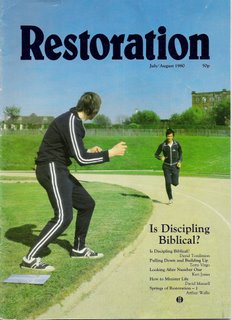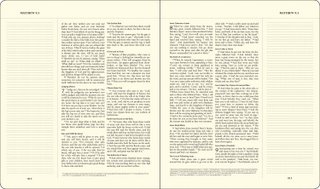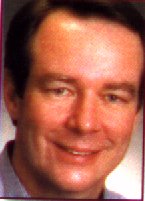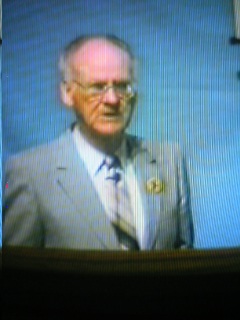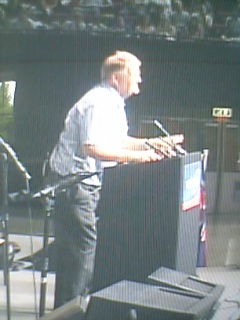Strategies for our Church Planting Mission to the Nations.
I want to tie together a few threads of thought following on from Mark’s excellent post on “The Results Driven Church” and my few notes on “Apostolic Ministry and Apostolic Extension”. I had a very profitable coffee yesterday with a very wise man who shared a picture that blew me away as we were discussing these things.
He is quite a fan of mountaineering and had read a book by Chris Bonnington about climbing Mount Everest. Apparently there are two possible ways. One can climb Everest in about 10 days on their own by travelling lightly and at great speed. But the other way is to climb it quite strategically. You gather a sizeable team at base camp at the foot of Everest and ensure that you have sufficient provisions and equipment. The team then begin to move up the mountain in stages bit by bit carrying equipment, supplies and provisions up to higher up camps. Once the team reach what is called “Ascension Camp”, some are then appointed to make the summit and then they leave carrying exactly what they need to make it up to the top and get back down again. The whole strategy of this relies on every man being in the right place at the right time with the right equipment. If anything is out of place then the mission will fail and the summit will not be reached.
The question burning in my mind is – can this picture be effectively applied to what I have been addressing in the essential relationship between the primacy of church planting and the primacy of the Ephesians 4 ministries? I have to ask this – are we acting like the first man and heading out to plant churches travelling lightly and at great speed but alone? Or are we prepared to think through seriously the second, more strategic way of reaching the goal. A word like the “1000 churches” word that John Kpipi brought at Stoneleigh Bible Week is extremely exciting and stirring but I wonder if there is a danger that we rush to plant the 1000 churches too quickly and with little preparation. But John Kpipi’s prophecy didn’t carry a time limit! Are we prepared to plan and to work in such a way that will ensure greater success? So how would such a strategy work?
My limited knowledge of the Ephesians 4 Ministries are that each are given by the ascended Christ, equipped and gifted for specific and certain goals and we expect the wrong ministries to fulfil the wrong tasks to our peril. In my blog on the apostle, I quoted Mark Heath’s useful breakdown of the Ephesians 4 Ministries that I think is a very useful summary;
“The apostle loves to build the church through church planting and overseeing the early stages of growth.
The teacher loves to build the church through grounding them in the word of God, bringing them to maturity”.
If that is the case and this summary is accurate, then are pastors equipped to plant churches? Is it a sensible and safe policy to allow men who are clearly gifted as pastors to “go out” and plant new churches in fresh harvest ground and expect them then to succeed?
If we apply the picture of our strategic ascension of Everest, then the strategy that presents itself to me is that it is the apostle who is gifted to see a new area ripe for a church plant that has been perhaps spied out by the prophet and confirmed as of God. He should then move into that area with his team – especially the evangelist who is specifically equipped to blow open the unreached people groups in whatever area they have gone and to see the lost stream into the new church. Yet there is no biblical mandate for the apostle and his team to then race on to the next plant or national conference! As Terry Virgo wrote so rightly – the apostle has other duties too.
Dave Holden’s definition of the apostle still remains the best that I have found;
"1. To ensure that the church is moving on to ‘regions beyond’.
4. To impart the Holy Spirit. This could be introducing people to the baptism in the Holy Spirit, or enabling a church to have fresh encounters of the Holy Spirit. It may also be signs and wonders. Apostolic ministry is far more to do with impartation than administration.
There is a desperate need for the apostle to see the new converts that have been reached by the evangelists to be baptised in the Holy Spirit! This is a must if the church is to become a community that is alive in the Spirit. John Hosier wrote in his excellent “Christ’s Radiant Church” that the apostle is there to see the church becomes well established.
There are a number of similarities between the picture of Everest and of church planting. Both are extremely hard! I don’t think that should be undermined at all – this could be a danger if the thrust is to achieve 1000 churches and churches of 1000s. We are in a spiritual battle. I realise that Newfrontiers view of spiritual warfare may be slightly more conservative than my own, but Ephesians makes it absolutely clear that spiritual principalities and powers are opposing us as we strive to plant churches and establish those communities among people groups that are opposed to us. In fact – I would go one step further; I think that ascending Everest could be actually easier than planting a church! Both require absolute determination and commitment to a vision. This is where my belief that Dave Holden is absolutely right by saying “Your eschatology affects your ecclesiology” comes in. If we do not have a vision that the gospel will absolutely be successful and that Jesus’ enemies will be made His footstool before He returns, then our church planting and church foundation will be affected.
Now please understand me – this is not a criticism or a critique of Newfrontiers. I love Newfrontiers. And I am not privy to the inner circle of church planting planning that I have no doubt goes on. Please let me make that clear. Maybe this all happens! But I wanted to share what I think it a vital God-breathed picture of strategy and care in the fact that there is a parallel between climbing a high mountain and planting a new church. And I have seen again that the link between church planting and the Ephesians 4 Ministries is absolutely vital – both are of primacy!

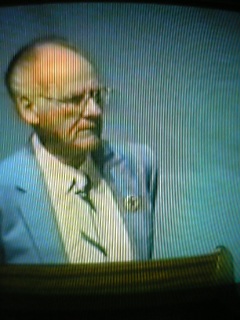
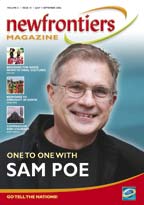


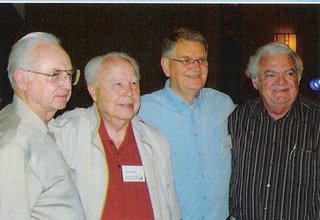

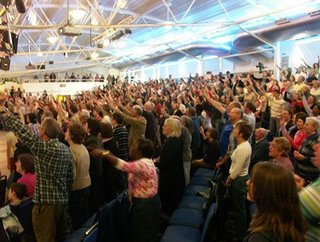 Their history page
Their history page